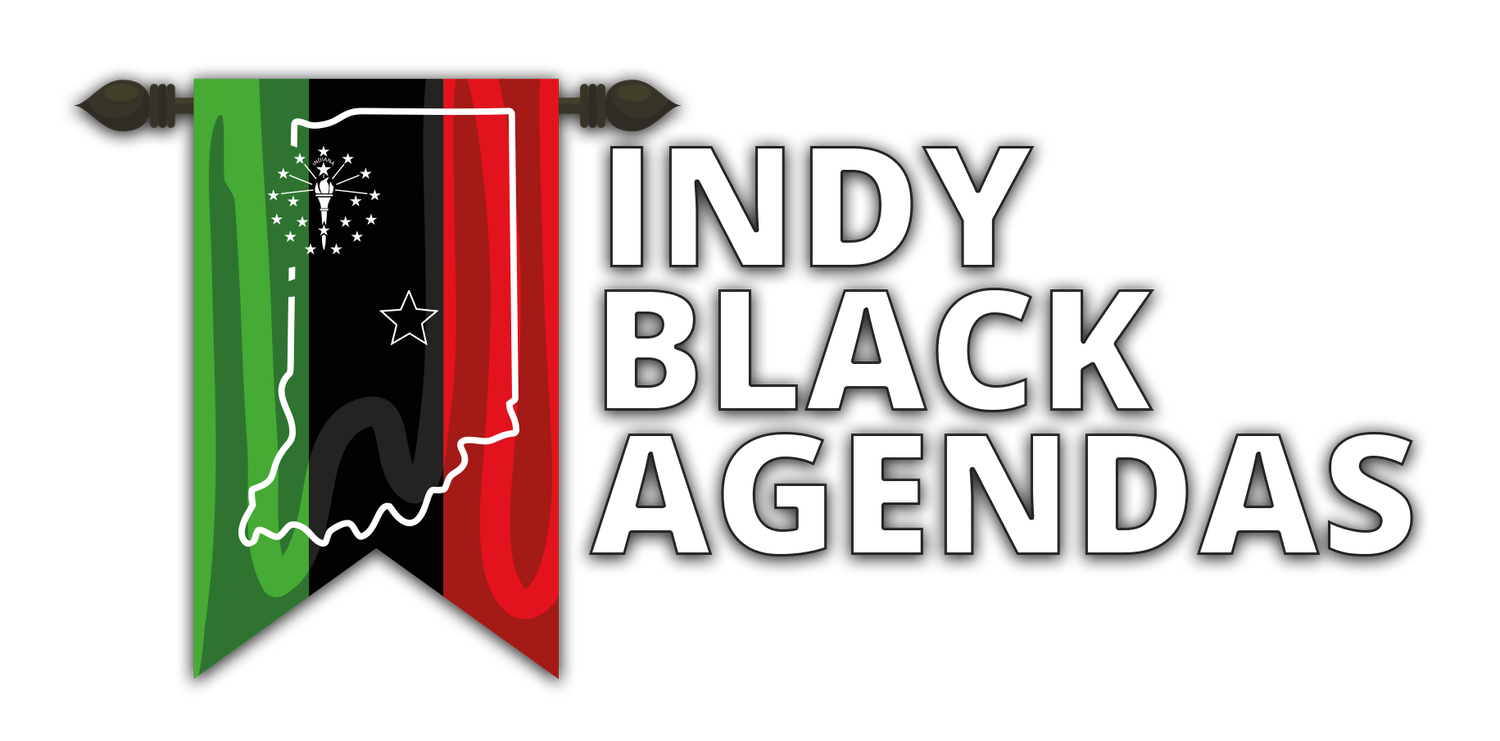Black-led financial institution looks to create access to capital
Plans for the first Black-led Community Development Financial Institution in Indianapolis are aimed at filling a gap in the city’s small-business support system, helping Black entrepreneurs build strong relationships with banks.
Now, work is underway to determine what kind of support services the Equity1821 loan fund might offer.
Getting businesses access to capital through the loan fund will be key, said Marshawn Wolley, president and CEO of Black Onyx Management.
But the fund can’t do everything by itself, said Wolley, whose firm conducted a preliminary study on a Black-led CDFI for Indianapolis. “You’re going to need a system,” he said.
That system is being developed by Equity1821’s Black-led board as they review services offered by other CDFIs and consider the needs of Black businesses in the area.
Entrepreneurs and experts have big hopes. They want the fund to offer supportive services that some Black businesses say have been lacking during the pandemic.
The fund will be the 87th Black-led CDFI in the nation and would join seven broader CDFIs in the area. The city is providing $1 million in federal dollars for the fund.
Jacqueline Fuqua
Equity1821 could have plenty of takers. In an October 2020 Black Onyx survey of 80 Black Indianapolis-area entrepreneurs, 85% reported needing access to capital, albeit in reference to small grants.
As Indianapolis business owners scrambled to keep their ventures afloat during the pandemic, their efforts to secure funding were met with mixed success.
Jacqueline Fuqua launched her Institute of Beauty Culture in 2014, a decade into running her Thereu Touch salon. Early in the pandemic, she said, the biggest challenge was finding the cash to keep the beauty school operating.
“It’s a cash-based business, so if I’m not open and students are not coming, they’re not paying,” Fuqua said. She applied to the federal Paycheck Protection Program but was frustrated by a glitchy application process and non-responses to her submissions. Eventually, she got two grants from local organizations.
Alicia Cooley
Alicia Cooley has run Modern Day Therapy since 2013. But the pandemic caused many of her low-income, work-release clients to drop out because they didn’t have the technology needed for remote sessions.
On the first day PPP loans were available, Cooley was ready to apply through her bank—but never heard back. She turned to the Indy Chamber and had a Rapid Response loan within a week.
“The money went to just keeping my doors open and keeping my workers paid,” she said. “We bill our clients’ insurance for our services, and when we’ve lost 60% of our revenue … I knew that my workers still needed to be paid, to pay rent, to keep all of my insurances and electronic medical records.”
